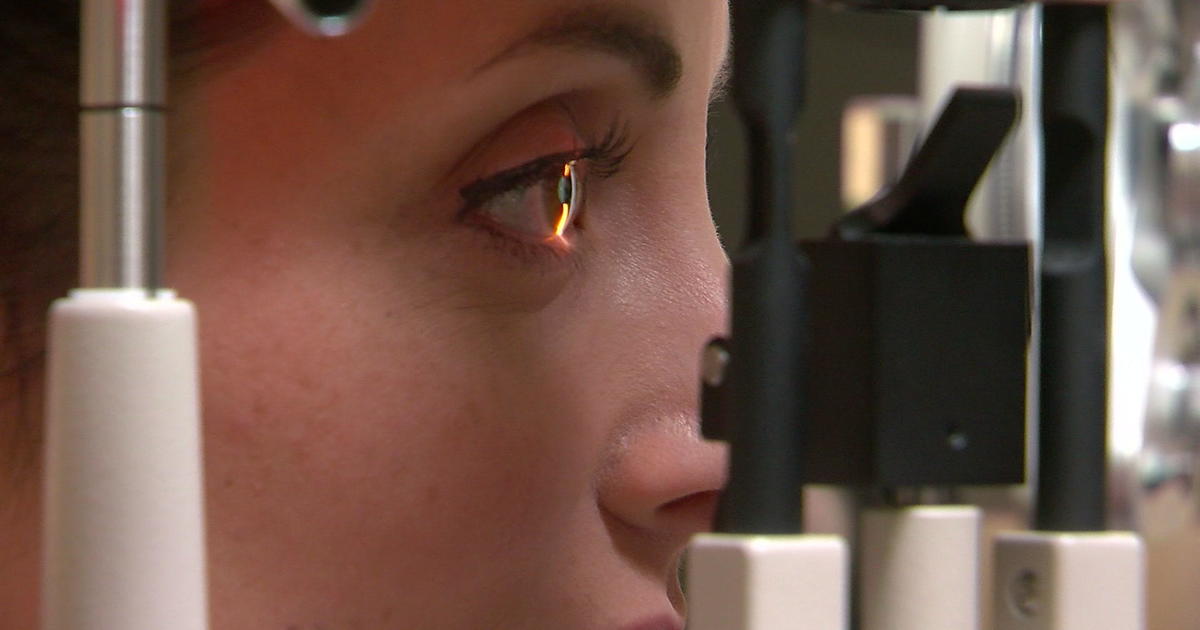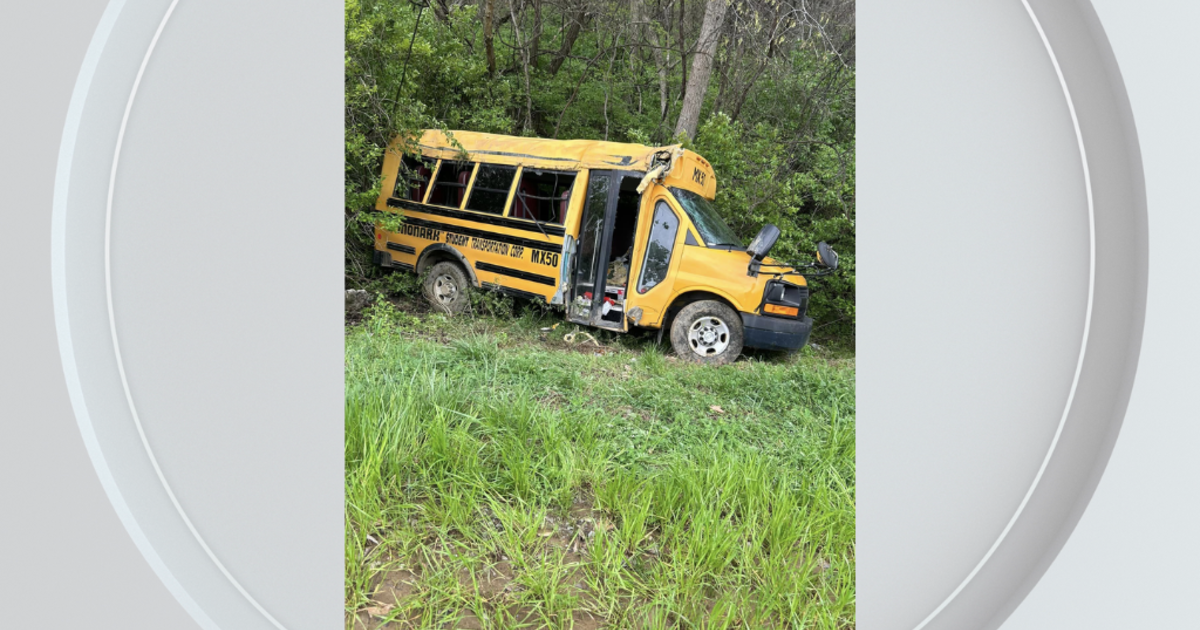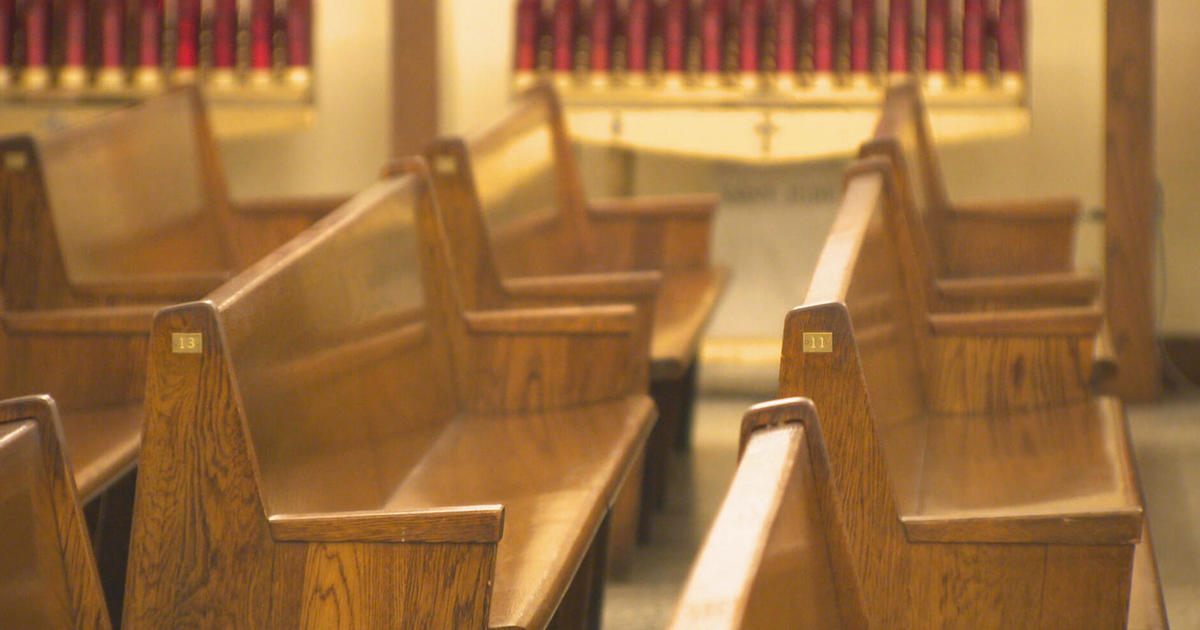Study: Sleep Habits Linked To Adolescent Drug And Alcohol Use
PITTSBURGH (KDKA) -- The negative effects from a lack of sleep are well documented, and now a University of Pittsburgh School of Medicine study shows a possible link to increased drug and alcohol use in young men.
"I think this is another example that getting sufficient, good quality sleep is not only critically important through the lifespan, but maybe particularly important at this time," says Dr. Brant Hasler, Ph.D., assistant professor of psychiatry and psychology.
The longitudinal study focused on 186 low-income boys in Western Pennsylvania. Parents were asked to measure the boys sleep duration and quality at age 11. At ages 20 and 22, they were interviewed about their marijuana and alcohol use. The results were calculated after race, socioeconomic problems, neighborhood danger, and other issues were taken into consideration.
"If we just look at age 16, the group of kids getting the most sleep… only about half of them had tried alcohol," Dr. Hasler tells KDKA's James Garrity. "If we look at the group of kids getting the least sleep, nearly three quarters of them had tried."
Join The Conversation On The KDKA Facebook Page
Stay Up To Date, Follow KDKA On Twitter
The American Academy of Sleep Medicine recommends 9-12 hours of sleep for children ages 6 to 12. For kids 13 to 18, eight to 10 hours of sleep is recommended. For the UPMC study, Dr. Hasler says the group that was getting the most sleep was getting 9.5 hours or more, and the group getting the least amount was getting less than 9 hours.
"What we don't know from a study like this is how they're sleeping during their teenage years and if that's continuing to play a role."
On top of that, Dr. Hasler says there's no smoking gun as to why a lack of sleep at 11 years old could lead to an increased use of drugs and alcohol, but previous research does hint to some possibilities.
"Poor sleep can lead to problems like anxiety and depression, and those can in turn lead to possibly problems with substance abuse," says Dr. Hasler. "We also know sleep has effects on the brain. So, not getting enough sleep effects the prefrontal cortex and makes it more difficult for people to regulate themselves."
Dr. Hasler says there will be more research on the correlation between a lack of sleep and alcohol and drug use. He also has a warning for parents.
"Especially at age 11, parents really need to be involved. We know electronic devices in the bedroom have been shown to lead to less sleep at night," says Dr. Hasler, adding the importance of monitoring a child's sleeping habits.
The UPMC study was published in the journal Drug and Alcohol Dependence. It was led by researchers from the Department of Psychiatry at the University of Pittsburgh School of Medicine and Pitt Department of Psychology.



